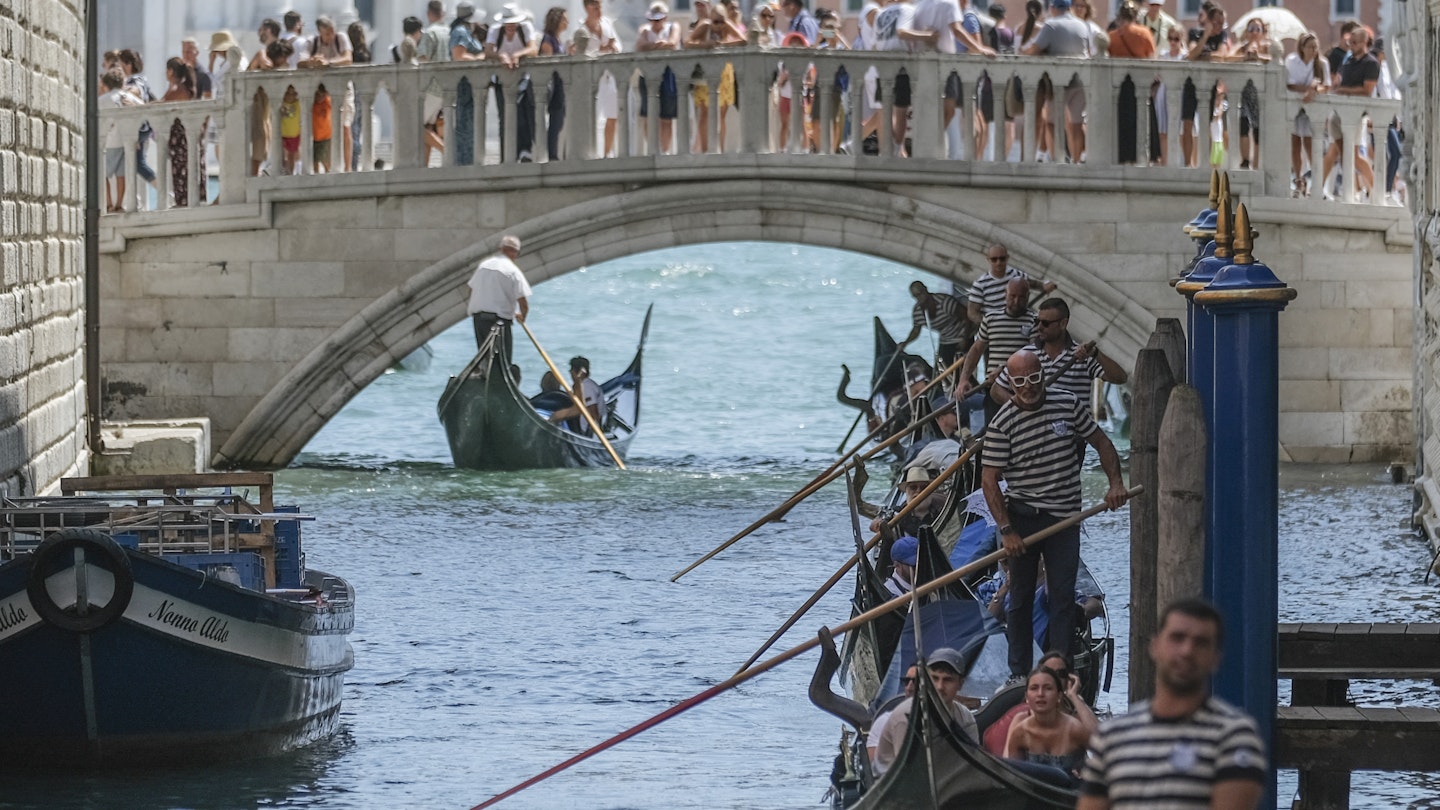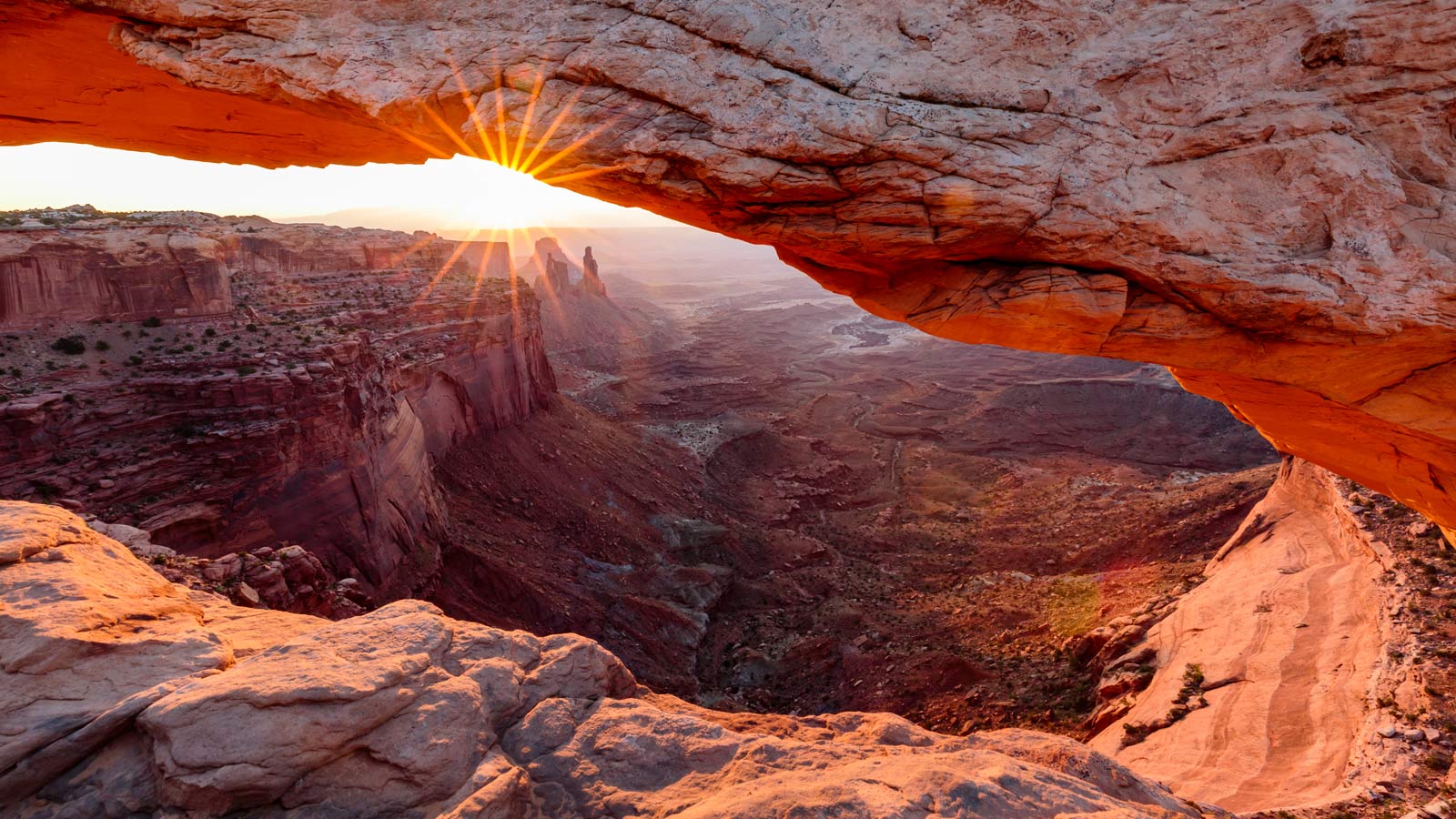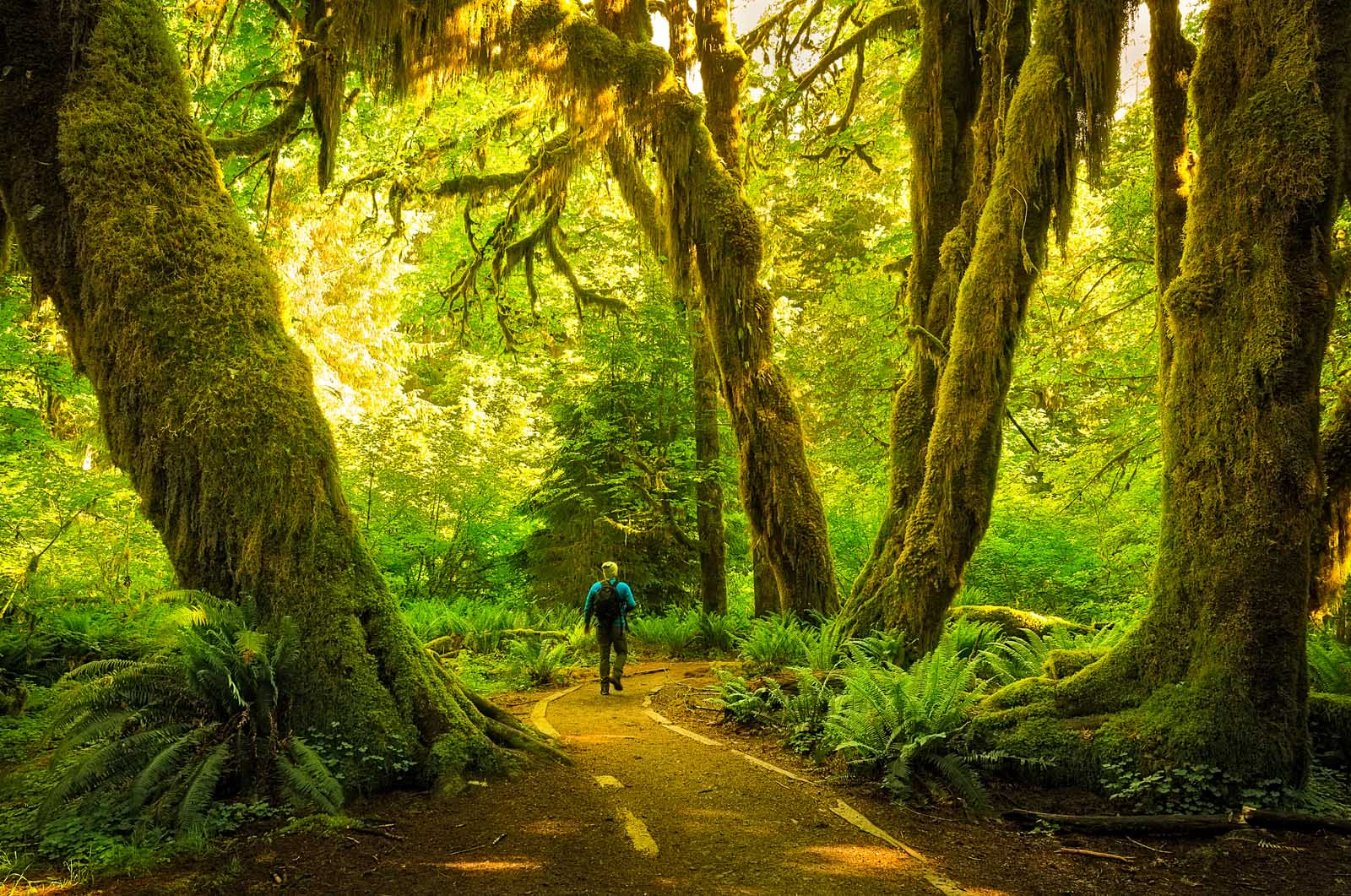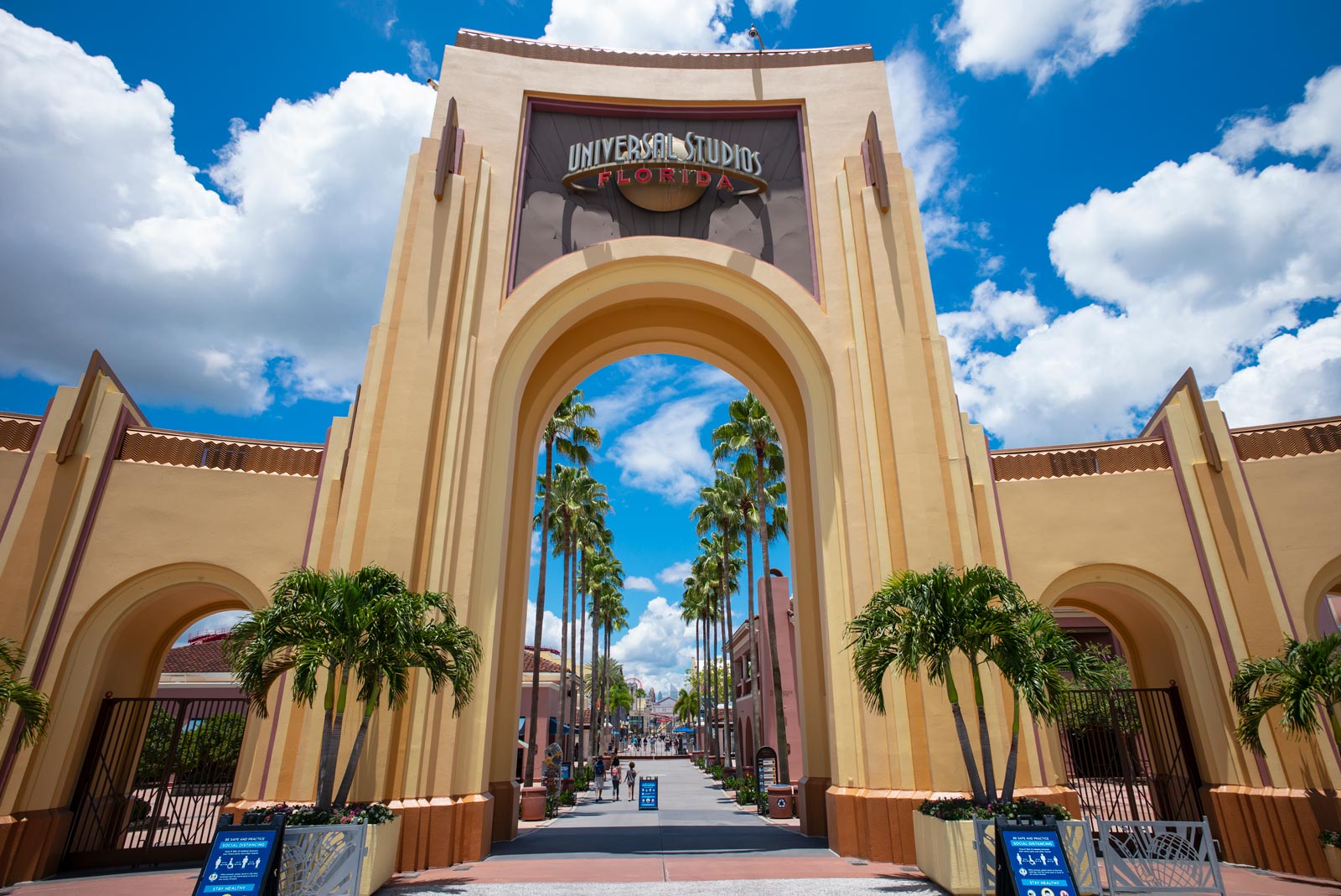As Venice continues to struggle with mass tourism, recent post-pandemic numbers show no sign of decreasing. Consequently, UNESCO has sounded another warning bell.
The World Heritage Committee, which has listed “Venice and its Lagoon” on its World Heritage list since 1987, has drafted a resolution to place the city on its World Heritage in Danger list. This resolution is set to be voted on in September.
The committee warned of “irreversible changes” to the city and lagoon, alongside “continuing deterioration due to human intervention, the impacts of climate change, and mass tourism.”
UNESCO has indicated that Italy has not done enough to preserve the area, citing a “lack of significant progress in addressing the complex issues.”
Managing Overtourism
Venice’s overtourism issue is well-known, with around 30 million visitors per year in a city home to less than 50,000 residents. Locals are increasingly leaving the city, as the economy becomes more tourism-centric. Additionally, a housing shortage is exacerbated by thousands of Airbnbs scattered throughout the area. A proposed tax on day trippers, suggested since 2019, remains unimplemented.

Although cruise ships were banned from sailing through the city center in 2021, they are still allowed to dock in the lagoon. Hence, the ecological damage caused by these vessels navigating the shallow lagoon waters remains unchanged.
UNESCO stated that there has been a “lack of significant progress” and “lack of strategic vision” in tackling these urgent issues. The committee expressed hope that adding Venice to the endangered list might finally galvanize the necessary change, while retaining its original World Heritage listing.
Sending a Message to the World
Melissa Conn, director of the Venice office at Save Venice, a non-profit organization devoted to restoring and preserving artworks in the city, expressed her agreement. “I don’t think this is a question of a right or wrong decision, but a statement that needed to be made to further underscore the fragile nature of Venice and its artistic heritage,” she said.
Conn noted that the city and national government have made significant strides in the past two years to protect Venice, including the activation of the MOSE flood gates and new regulations for cruise ship passage in Bacino San Marco. However, addressing the challenges Venice faces will always need to be a priority for future administrations.
Valeria Duflot, co-founder of Venezia Autentica, which promotes sustainable tourism in the region, expressed her support for adding the lagoon to the endangered list. She posited that it would “send a strong message to the world that tourism and human economic activity can indeed jeopardize the socio-economic fabric of our communities.”
Duflot further emphasized the critical link between travel and climate change, underscoring the urgent need for a transformation in mindsets and practices that prioritize the well-being of places and their inhabitants over extractive growth.
Repeat Offender

This is not the first time Venice has faced the possibility of being added to the “in danger” list. In 2014, Italy received two years’ notice to alter the course of the situation within the city. Additionally, a draft resolution in 2021 to add Venice to the endangered list ultimately failed, citing a “lack of overall vision and low efficiency of management.”
If added, Venice will join two other European cities already on the list: Vienna, whose historical core was added in 2017, and Odesa in Ukraine, added in 2023 due to ongoing conflicts.
A spokesperson for Venice City Council stated that the council will “carefully review the proposed decision and will consult with the government, which is the State Party with which UNESCO interacts.”




